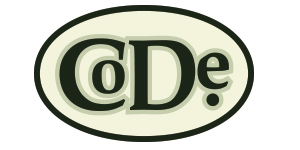- July 8, 2011
- Posted by: thestateofart
- Category: Literature

In the style of the great recent behavioral economics books like Predictably Irrational and Stumbling on Happiness, authors Chris and Dan review the fascinating findings of studies that show we humans think we know what’s going on around us but really have no clue. They start off with their famous study showing that people, when asked to count how many passes are made in a basketball video, completely ignore a gorilla who walks into the field of vision, beats its chest then leaves. In other words, we’re unaware of things we’re not ready for. Most telling, though, is that everyone thinks they would notice such an event. Still, half don’t.
The authors go over interesting studies that show we are over-confident in our own ability and we tend to confuse correlation with causality (a problem because just because two things happen at the same time, it doesn’t mean one caused the other or vice versa). Their list of examples knocks a host of subjects from trial witnesses to cell phone talkers to renowned author Malcolm Gladwell.
The concise book fails at one level by not getting into potential adaptive or evolutionary reasons why we make such mistakes. In one instance, the authors actually contradict themselves. They give evidence that indicates overconfidence is bad and leads people to mistakes (e.g. wars or chess failures) that they wouldn’t otherwise make. But confidence, even overconfidence can be good for humanity. People who are below average at certain skills require overconfidence to even make an attempt at something. If they didn’t believe they could do something, they wouldn’t even try. This could potentially lead to a population of underachievers. Chris and Dan actually back up this idea later in the book, showing that people who think they should do better in cognitive skills (in this case because they play video games more) actually do better. Belief in one’s skill (confidence) is a great deal more vital to our success than the authors account for.
Despite the flaw, this book is well worth the read. It’s enlightening, entertaining, and though-provoking. And from the lessons learned in the book, it’s clear I probably missed half of the good stuff.

